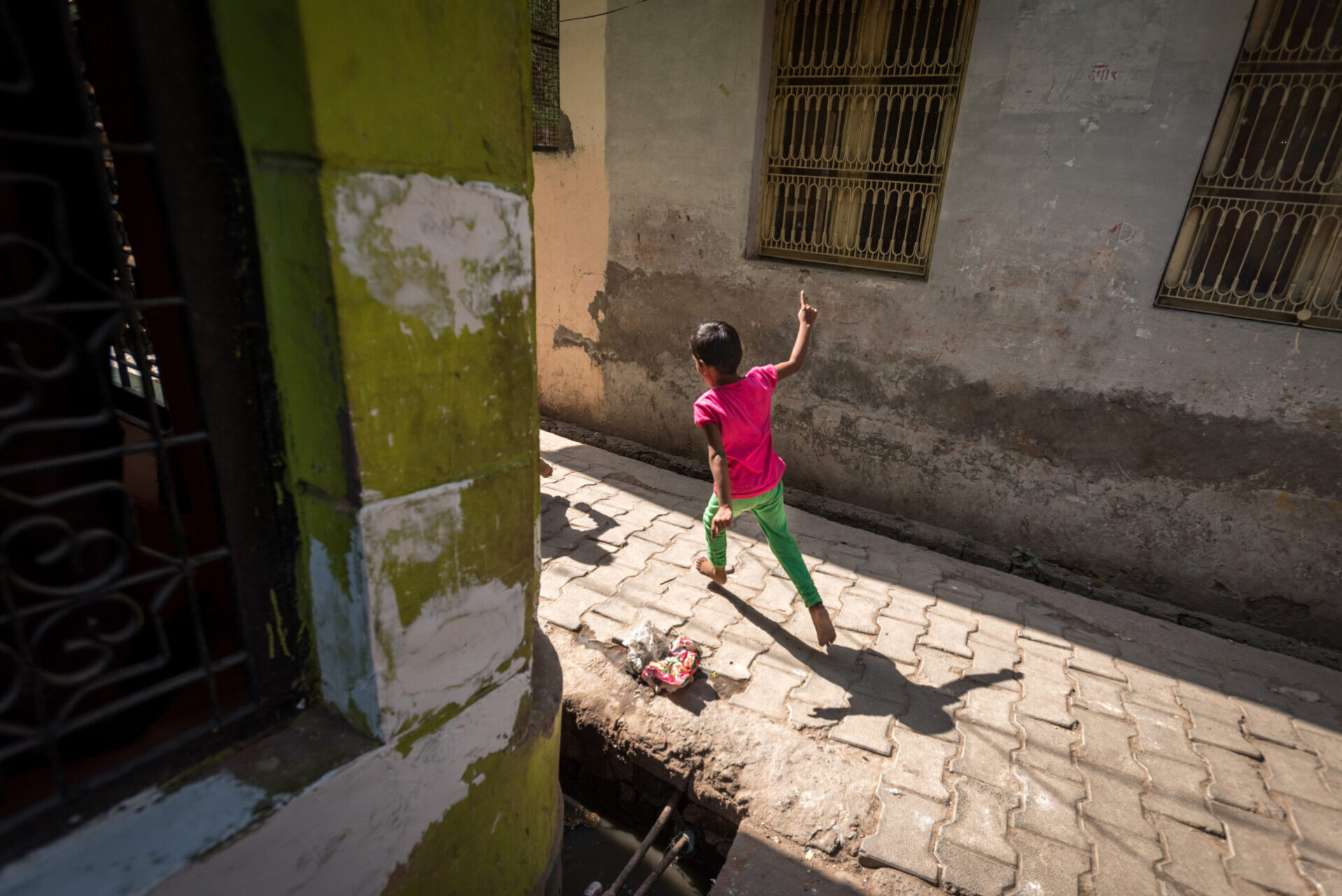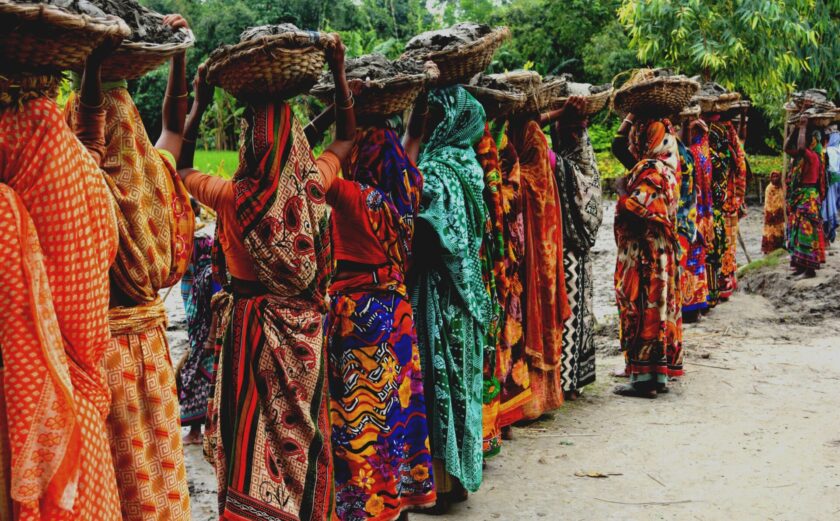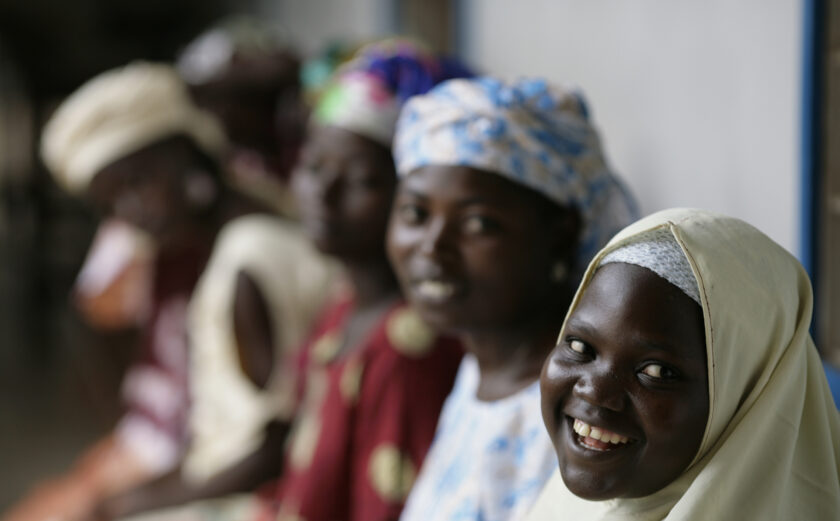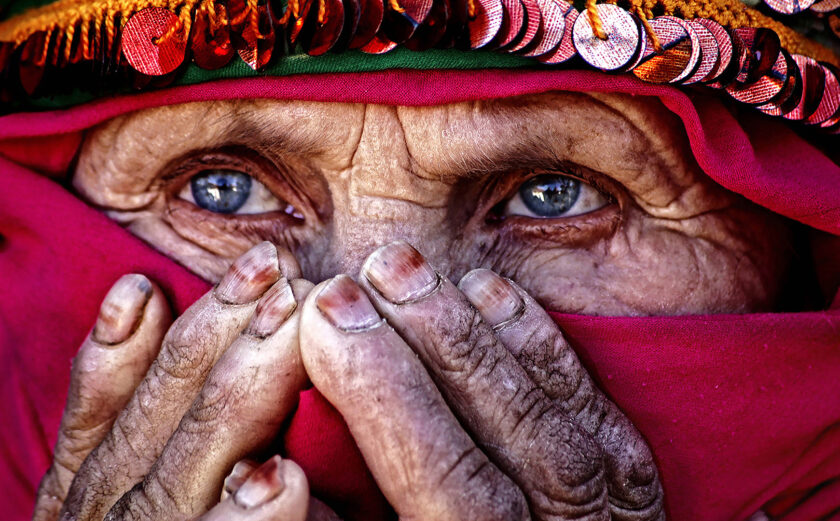
Preventing Sexual Exploitation and Abuse: It’s Everyone’s Responsibility
Preventing Sexual Exploitation and Abuse in the Development and Humanitarian Sectors
Both humanitarian and development actors are responsible for preventing sexual exploitation and abuse (PSEA) in their programs.
However, until recently, the international community has seen SEA as an issue that primarily affects humanitarian programs and not an issue that is as pervasive in development contexts. As a result, the bulk of guidance and training materials around PSEA are tailored to humanitarian contexts only. Results from the From Pledge to Action team’s annual Organizational Measures Survey indicate that only 27% of development organizations report sufficient internal or external tools available to development organizations to provide training to staff on sexual exploitation, abuse, and harassment, compared to 67% of humanitarian organizations.
From Pledge to Action launched a Development Organization subgroup to support development organizations working to operationalize their commitments to the Pledge and address some of the barriers and challenges specific to development settings. Addressing the lack of resources and tools tailored to development contexts was a key priority. The Development subgroup worked together to adapt InterAction’s No Excuse for Abuse video to apply to the work done by development, humanitarian, and multi-mandate organizations.
Who is this video for?
This video is designed to be a useful tool for development, humanitarian, and multi-mandate organizations to educate their staff, including contractors and short-term staff, on PSEAH. Humanitarian organizations, particularly those working primarily in emergency settings, may find the original No Excuse for Abuse Video to be more specific to that context and better suited to their needs.
The From Pledge to Action team is translating this video into several languages spoken in risk-affected areas. Translated videos will be uploaded onto our YouTube Channel as they become available.
Special thanks for collaboration on this video is extended to WEEMA International, FHI 360, Mennonite Central Committee, ChildFund International, PATH, and Food for the Hungry.
Watch the video below:
Additional Languages
Spanish
French
Amharic
Portuguese
Swahili
Haitian Creole
Arabic
Romanian
Ukrainian






